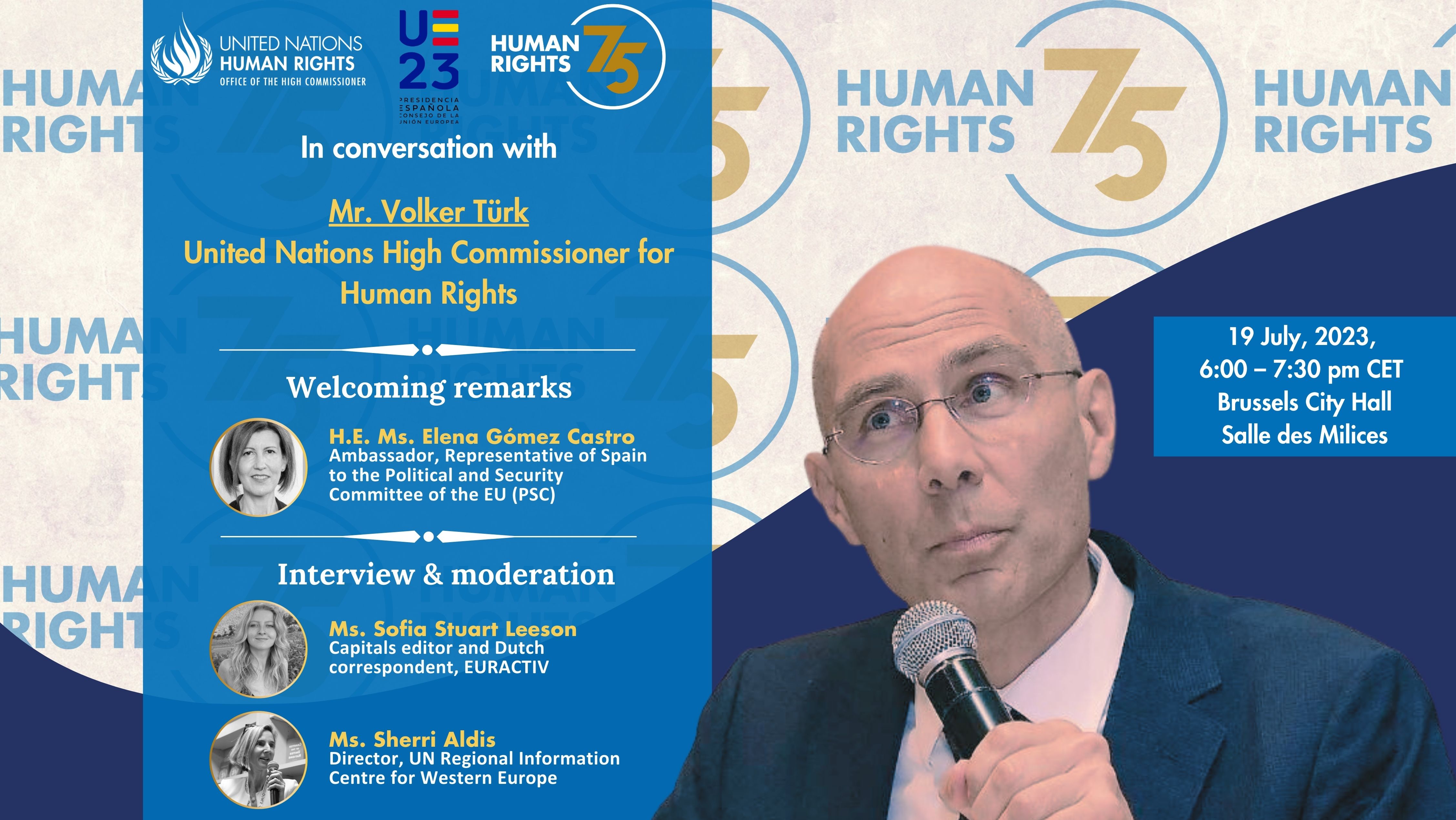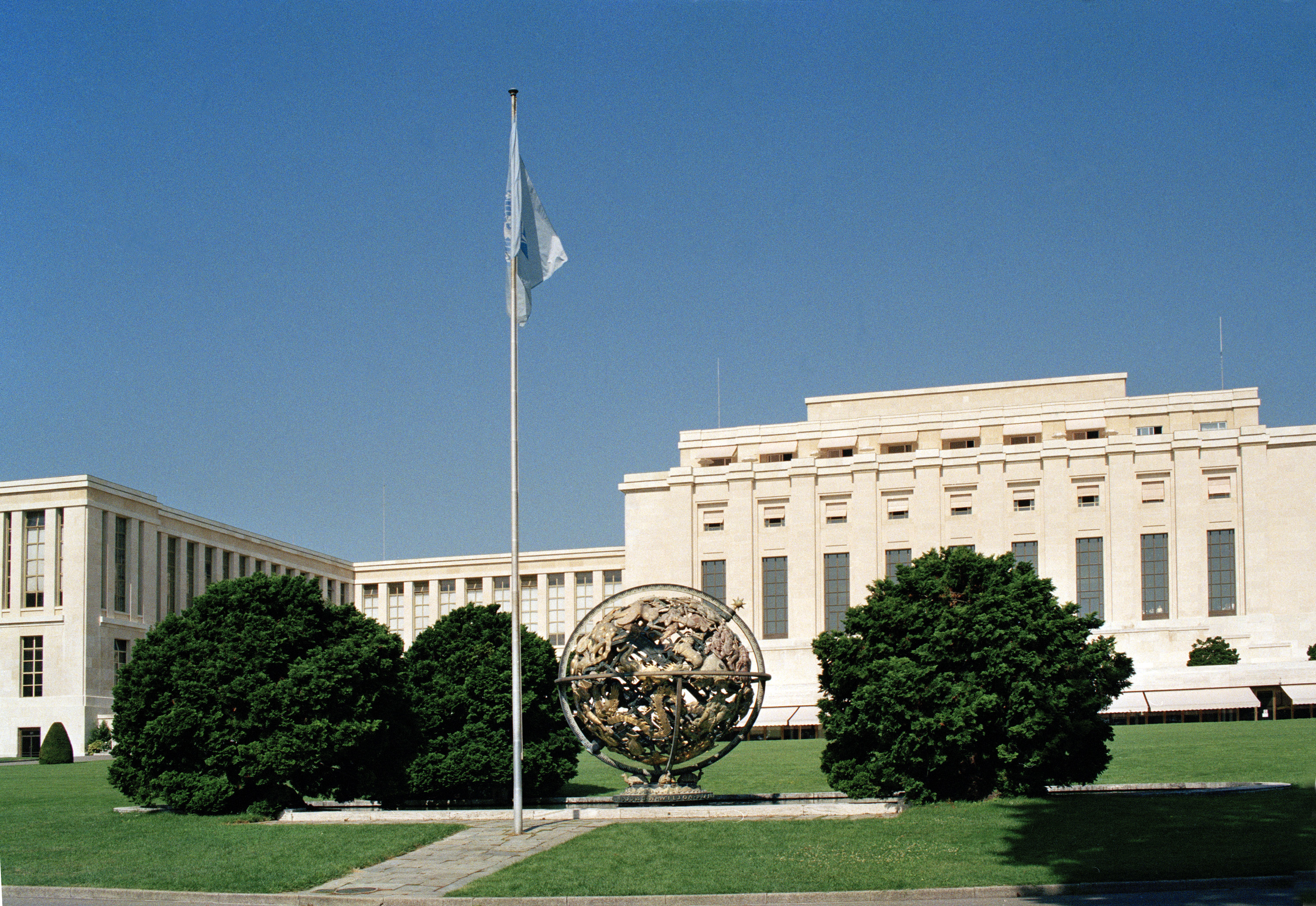Who is Mary Robinson? How did she become the first woman president of Ireland? What were her accomplishments as UN High Commissioner for Human Rights? And what is her legacy as an advocate for human rights?
Editor's Notes: "Mary Robinson: Trailblazing President, UN High Commissioner, And Advocate For Human Rights" have published today date". Give a reason why this topic important to read.
To answer these questions, we've put together this guide to Mary Robinson's life and career. We've analyzed her speeches, writings, and interviews, and we've talked to experts on her work. Our goal is to provide you with a comprehensive understanding of Mary Robinson's impact on the world.
Key differences or Key takeways:
Transition to main article topics:
FAQ
This FAQ section addresses frequently asked questions and misconceptions about Mary Robinson's career and advocacy work.

Mary Robinson | The Elders - Source theelders.org
Question 1: When did Mary Robinson serve as President of Ireland?
Mary Robinson served as the seventh President of Ireland from 1990 to 1997, making history as the country's first female president.
Question 2: What were Mary Robinson's key achievements as UN High Commissioner for Human Rights?
During her tenure as UN High Commissioner for Human Rights from 1997 to 2002, Mary Robinson championed the promotion and protection of human rights worldwide. She played a pivotal role in establishing the Office of the High Commissioner for Human Rights and advocated for the inclusion of human rights in the United Nations Millennium Development Goals.
Question 3: What is Mary Robinson's current role in human rights advocacy?
Mary Robinson continues to be a leading voice in human rights advocacy. She founded the Mary Robinson Foundation – Climate Justice, which works at the intersection of climate change and human rights. She is also a member of The Elders, a group of global leaders working for peace and human rights.
Question 4: How did Mary Robinson's personal experiences shape her human rights advocacy?
Mary Robinson's upbringing in a Catholic family and her experiences as a lawyer and academic instilled in her a deep commitment to justice and equality. She has often spoken about the influence of her father, who was a trade unionist, and her mother, who was a social worker.
Question 5: What are some of the challenges Mary Robinson has faced in her advocacy work?
Mary Robinson has faced various challenges throughout her career, including resistance from governments, criticism from opponents, and the difficulty of balancing competing interests. However, she has remained steadfast in her belief in the power of human rights and the importance of working towards a more just and equitable world.
Question 6: What is Mary Robinson's legacy in human rights?
Mary Robinson's legacy is one of leadership, compassion, and unwavering commitment to human rights. She has made significant contributions to the promotion and protection of human rights both in Ireland and internationally. Her work has inspired countless individuals and organizations to continue the fight for a world where human rights are respected for all.
Mary Robinson's journey as a trailblazing president, UN High Commissioner, and human rights advocate is a testament to the power of one person to make a difference in the world.
Transition to the next article section
Tips
In her remarkable career, Mary Robinson: Trailblazing President, UN High Commissioner, And Advocate For Human Rights, has demonstrated exceptional leadership and a deep commitment to human rights. Her journey offers valuable insights and guidance for aspiring leaders and change-makers.
Tip 1: Embrace Inclusivity and Diversity
Robinson's presidency and her work at the UN reflect her unwavering belief in the importance of including diverse voices and perspectives. By fostering inclusive decision-making processes, leaders can create a more equitable and representative society.
Tip 2: Prioritize Education
Robinson's strong advocacy for education highlights its transformative power. Investing in education empowers individuals, breaks down barriers, and promotes economic and social progress.
Tip 3: Champion Human Rights
Robinson's unwavering commitment to human rights serves as a reminder of the essential role leaders play in safeguarding the rights and freedoms of all individuals.
Tip 4: Foster Collaboration
Robinson's success in building partnerships and collaborating with a wide range of stakeholders demonstrates the importance of working together to achieve common goals. By fostering collaboration, leaders can amplify their impact and mobilize collective action.
Tip 5: Lead with Empathy and Compassion
Robinson's empathetic leadership style highlights the power of understanding and connecting with others. By approaching challenges with compassion, leaders can inspire trust, build strong relationships, and create a positive work environment.
Summary of key takeaways or benefits:
By embracing these principles, leaders can cultivate a culture of inclusivity, empower individuals, champion human rights, foster collaboration, and lead with empathy and compassion. These qualities are essential for creating a more just, equitable, and sustainable world.
Transition to the article's conclusion:
Mary Robinson's remarkable journey is a testament to the transformative power of leadership. By embodying these principles, she has made an indelible mark on the world and serves as an inspiration to all who strive to make a positive difference.
Mary Robinson: Trailblazing President, UN High Commissioner, And Advocate For Human Rights
Mary Robinson's groundbreaking career exemplifies her unwavering commitment to human rights and social justice. As Ireland's first female president, she championed equality, peace, and environmental protection. Her tenure as UN High Commissioner for Human Rights strengthened international human rights mechanisms and raised awareness of pressing issues.
- Pioneering Leadership: Elected as Ireland's first female president in 1990.
- Human Rights Champion: Served as UN High Commissioner for Human Rights from 1997 to 2002.
- Advocate for Peace: Played a crucial role in Northern Ireland's peace process.
- Environmental Activist: Emphasized the importance of sustainable development and climate action.
- Gender Equality Advocate: Fought for women's rights and empowerment.
- International Role Model: Recognized globally for her contributions to human rights and social progress.
These aspects intertwine to portray Mary Robinson as a transformative figure. Her leadership demonstrated the power of gender equality in politics. As UN High Commissioner, she fought for the rights of vulnerable populations and promoted accountability for human rights violations. Her advocacy for peace in Northern Ireland highlighted the transformative potential of dialogue and reconciliation. Through her environmental activism, she stressed the urgency of addressing climate change and promoting sustainable practices for future generations. Mary Robinson's legacy as a pioneer and advocate continues to inspire and guide efforts towards a more just and equitable world.

In conversation with the UN High Commissioner for Human Rights | OHCHR - Source europe.ohchr.org
Mary Robinson: Trailblazing President, UN High Commissioner, And Advocate For Human Rights
As Ireland’s first female president from 1990-1997, Mary Robinson played a pivotal role in shaping the country’s political and social landscape during a period of considerable change. Her unwavering commitment to human rights, both during her presidency and in her subsequent role as United Nations High Commissioner for Human Rights, has left a lasting legacy on the global stage. This article delves into the profound connection between Mary Robinson’s personal journey and her tireless advocacy for human rights, exploring the causes and effects of her actions and the enduring importance of her contributions.

Selection criteria for UN High Commissioner for Human Rights | UNA-UK - Source una.org.uk
Mary Robinson’s upbringing instilled in her a deep sense of justice and compassion that would guide her throughout her life. Born in Ballina, County Mayo, Ireland, in 1944, she witnessed firsthand the social and economic inequality that plagued her community. This experience fueled her passion for social change and inspired her to pursue a career in law. After graduating from Trinity College Dublin, Robinson became a barrister and quickly established herself as a leading advocate for human rights and civil liberties. Her unwavering determination and incisive legal mind earned her widespread recognition and respect.
In 1990, Robinson made history by becoming Ireland’s first female president. During her presidency, she worked tirelessly to promote reconciliation and peace in Northern Ireland, spearheading initiatives to facilitate dialogue and cooperation between the conflicting parties. Her efforts played a crucial role in laying the groundwork for the Good Friday Agreement, which brought an end to decades of violence and paved the way for a more just and peaceful future.
After completing her term as president, Robinson continued her tireless advocacy for human rights on the international stage. In 1997, she was appointed United Nations High Commissioner for Human Rights, a position she held until 2002. In this role, she worked to promote and protect human rights worldwide, focusing on issues such as poverty, gender equality, and the rights of refugees and indigenous peoples. Robinson’s unwavering commitment to human rights and her ability to bridge divides earned her respect and admiration from leaders and activists around the globe.
Conclusion
Mary Robinson’s journey is a testament to the transformative power of one person’s unwavering commitment to justice and human rights. Through her tireless advocacy, both in Ireland and on the global stage, she has made an indomitable mark on the world, inspiring countless others to fight for a more just and equitable society. Her work has not only improved the lives of millions but has also helped to shape a more humane and compassionate world. Mary Robinson’s legacy as a trailblazing president, a dedicated UN High Commissioner, and an unwavering advocate for human rights will continue to inspire generations to come.